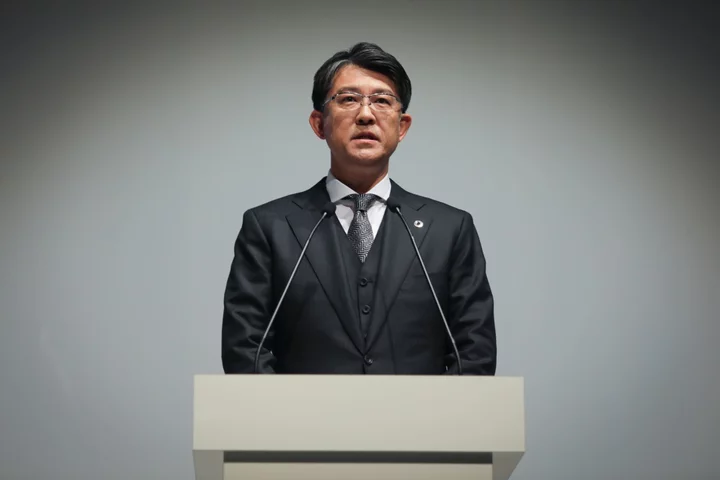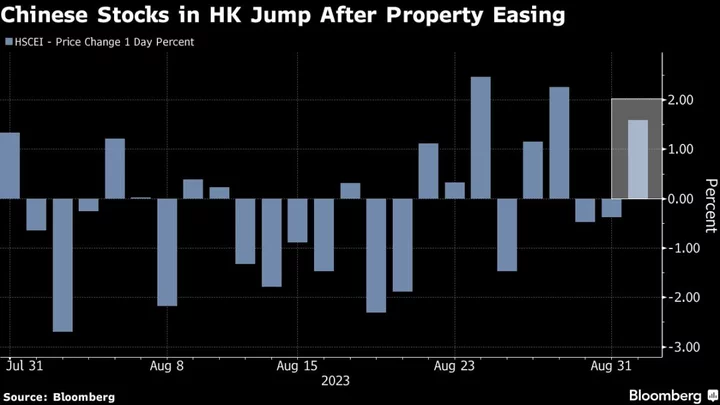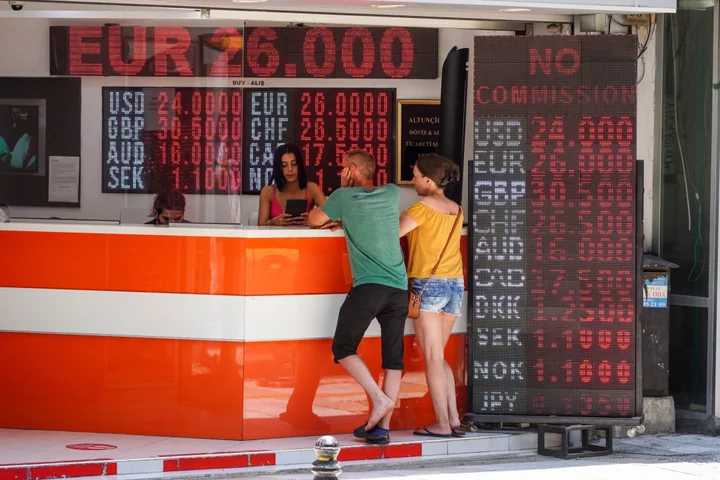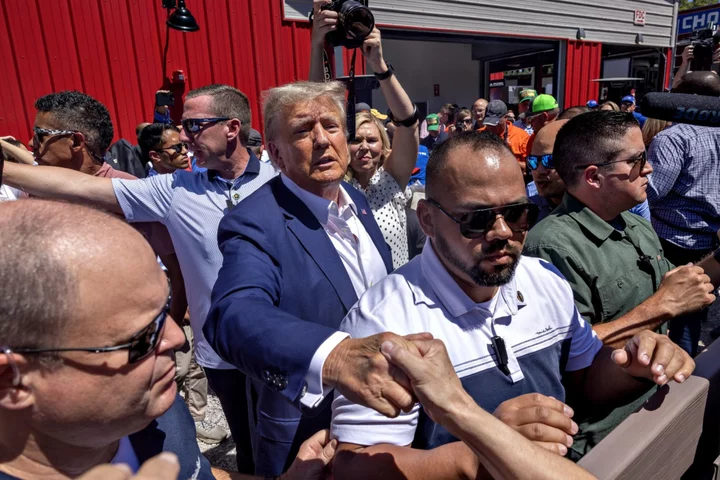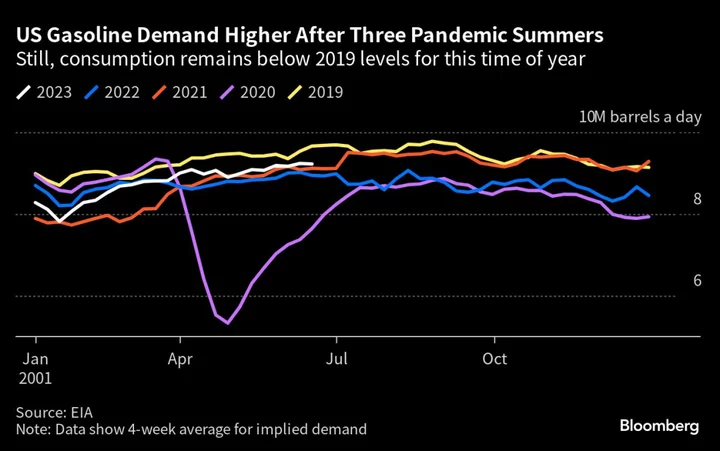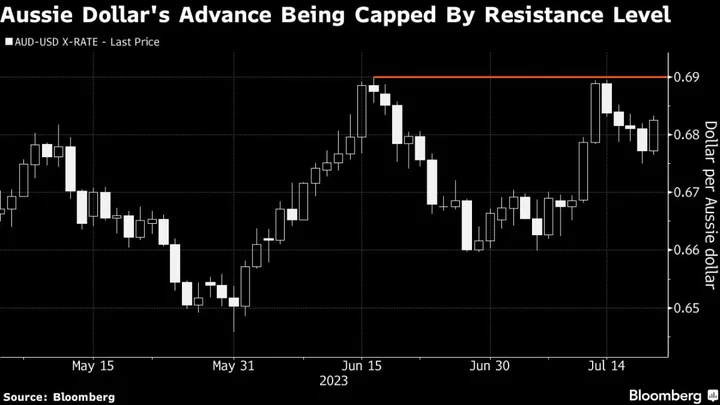Toyota Motor Corp.’s quarterly profit exceeded estimates after supply chain improvements and a cheap yen helped the carmaker capitalize on a global rebound in demand for new vehicles.
Operating profit for the period ended June was ¥1.1 trillion ($7.7 billion), the world’s No. 1 carmaker said in a statement Tuesday. That compared with the ¥880 billion projected by analysts. Toyota kept its outlook for operating income for the fiscal year to March 2024 intact at ¥3 trillion.
Supply chains and public demand are staging a robust recovery from the pandemic downturn, helping global carmakers boost production and raise prices. Toyota produced and sold a record number of vehicles in June, the company said last week. The carmaker is on track to increase production between August and October, according to recent reports.
“We believe this wasn’t due to Japanese products’ weak competitiveness, or a consumer shift away from them, but because of vehicle-supply constraints stemming from China lockdowns and logistics disruptions at ports, which hit Japanese makers more severely than foreign peers,” Bloomberg Intelligence analyst Tatsuo Yoshida said.
The shares of Toyota rose as much as 2.6% in afternoon trading in Tokyo.
Japanese carmakers’ sales in 2023 could rise 19% in Japan and 18% in the US but fall 4% in China, according to Yoshida. On Monday, Toyota announced plans to strengthen its competitiveness in China by, among other things, accelerating the development of an electric powertrain with its two biggest suppliers, Denso Corp. and Aisin Corp.
As pressure builds on manufacturers to phase out fossil fuels and embrace the shift to electric vehicles, Toyota has promised to expand EV production while continuing to offer a broad selection of hybrid and gasoline cars.
Soon after former Lexus chief Koji Sato became chief executive officer, the company pledged to sell 1.5 million battery EVs annually 2026. Further out, it promised to sell 3.5 million by 2030, halve its carbon dioxide emissions by 2035 and become carbon neutral by 2050.
In May, Sato said Toyota would produce 200,000 BEVs in the current fiscal year. He also said it would invest ¥3.1 trillion on sustainable growth, including efforts to decarbonize and electrify.

